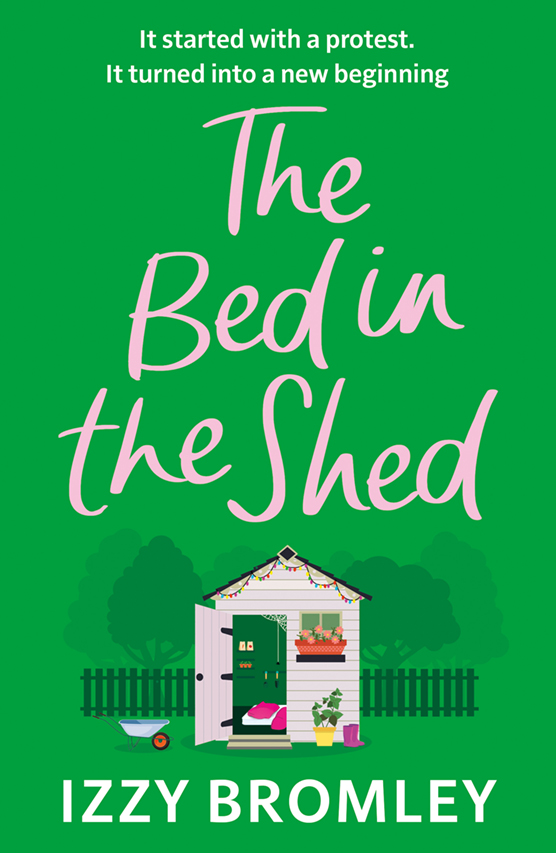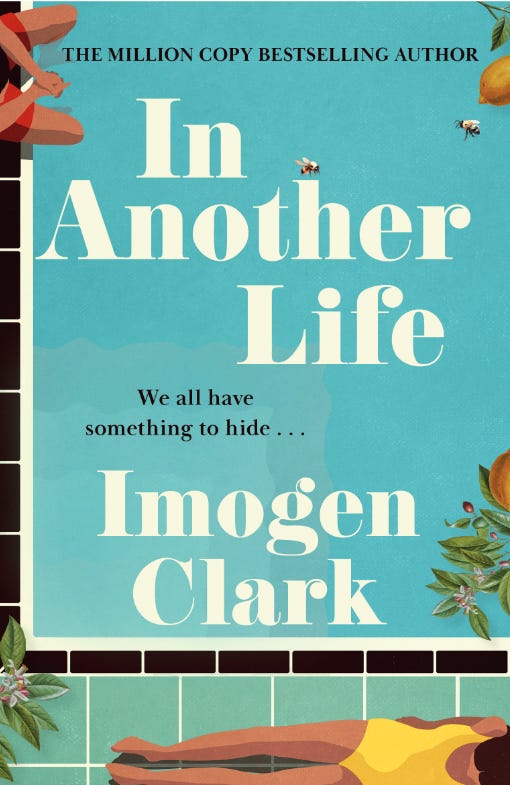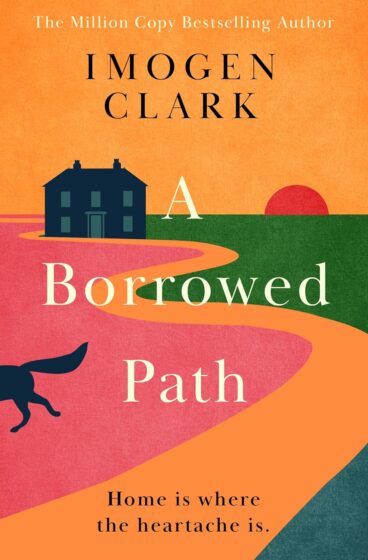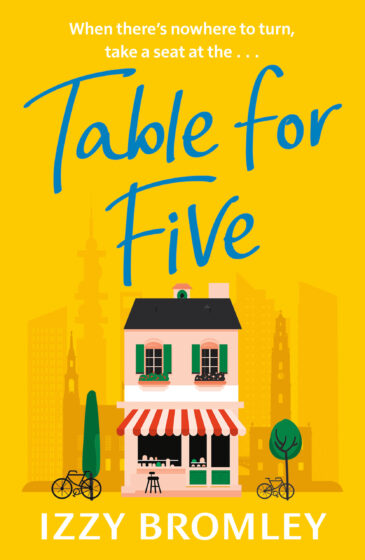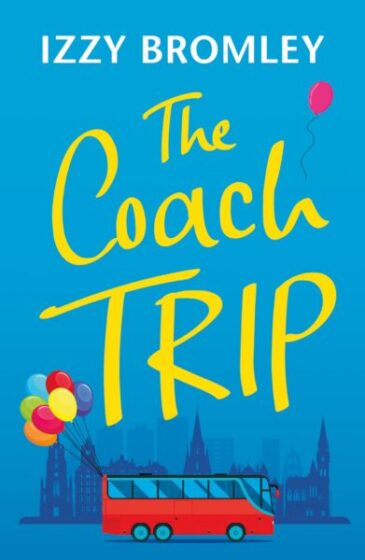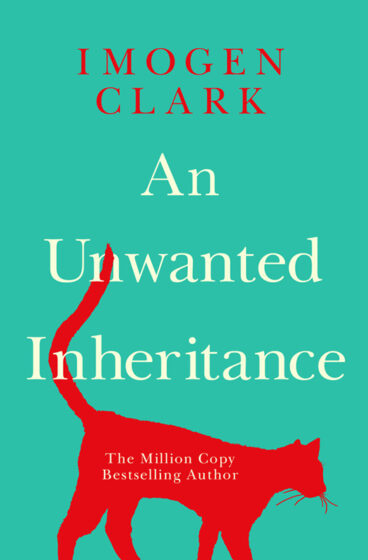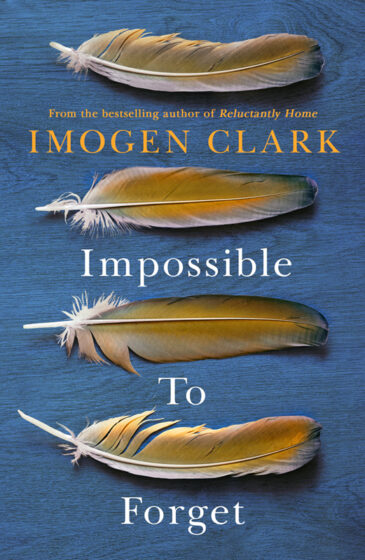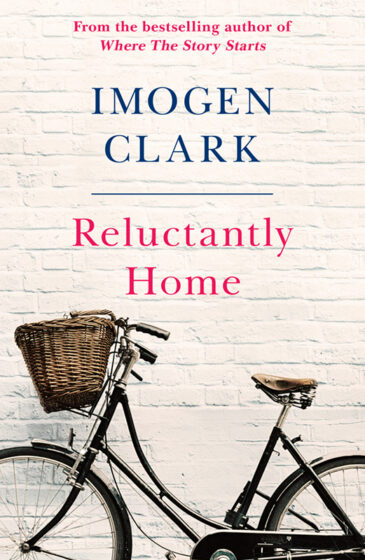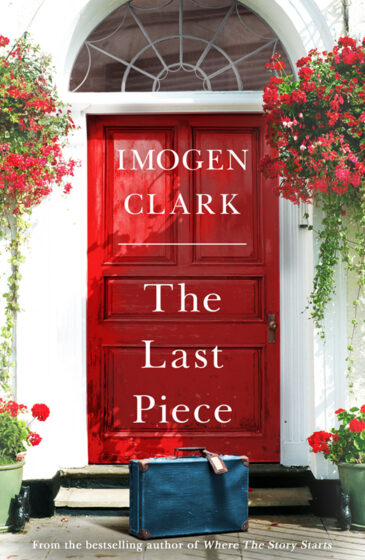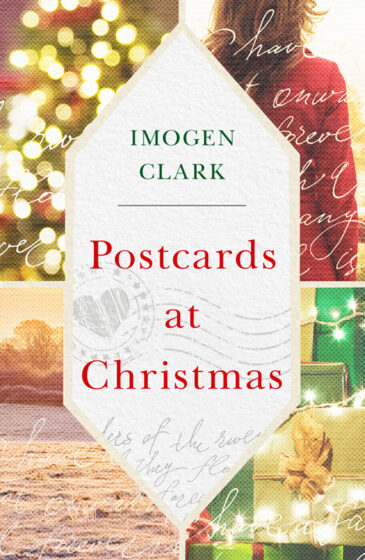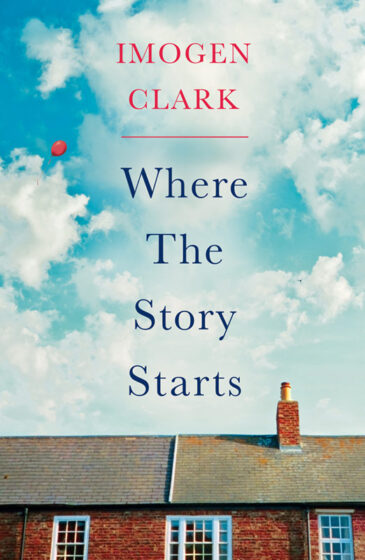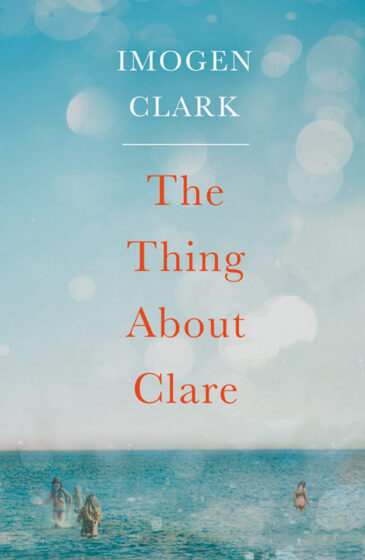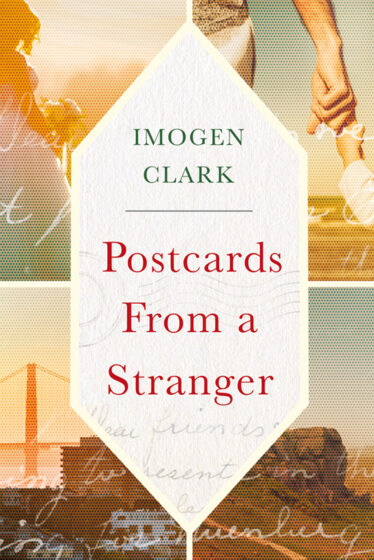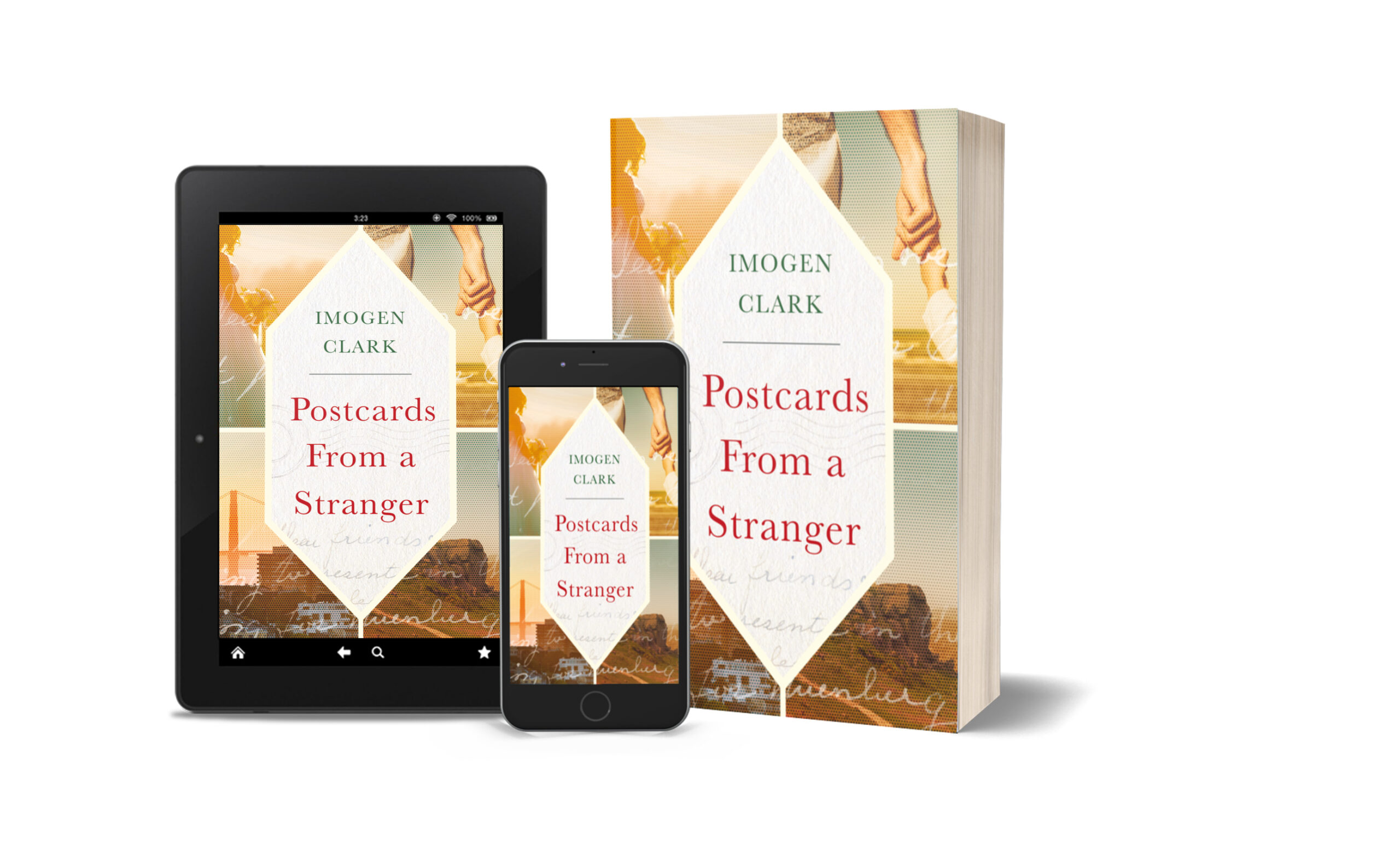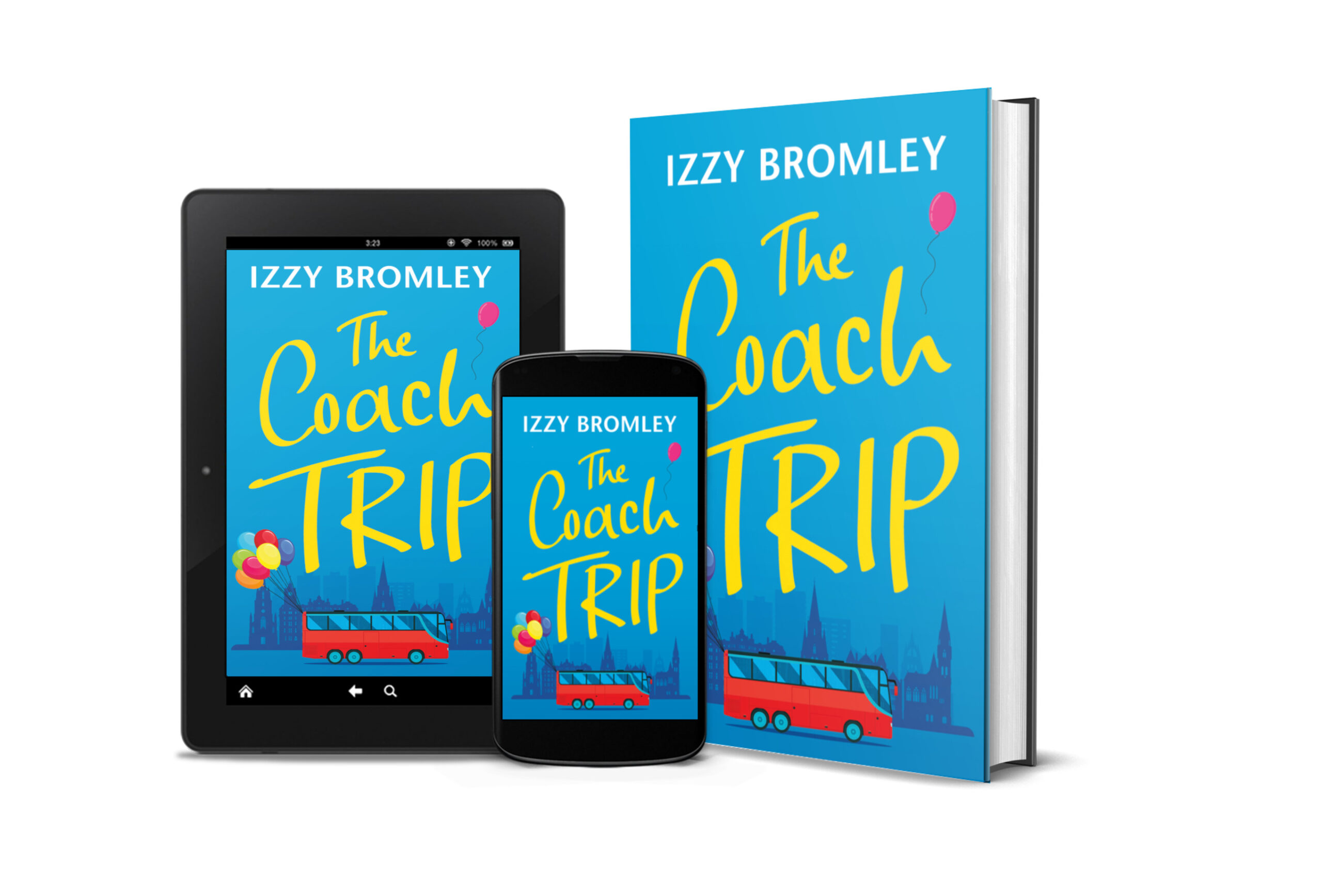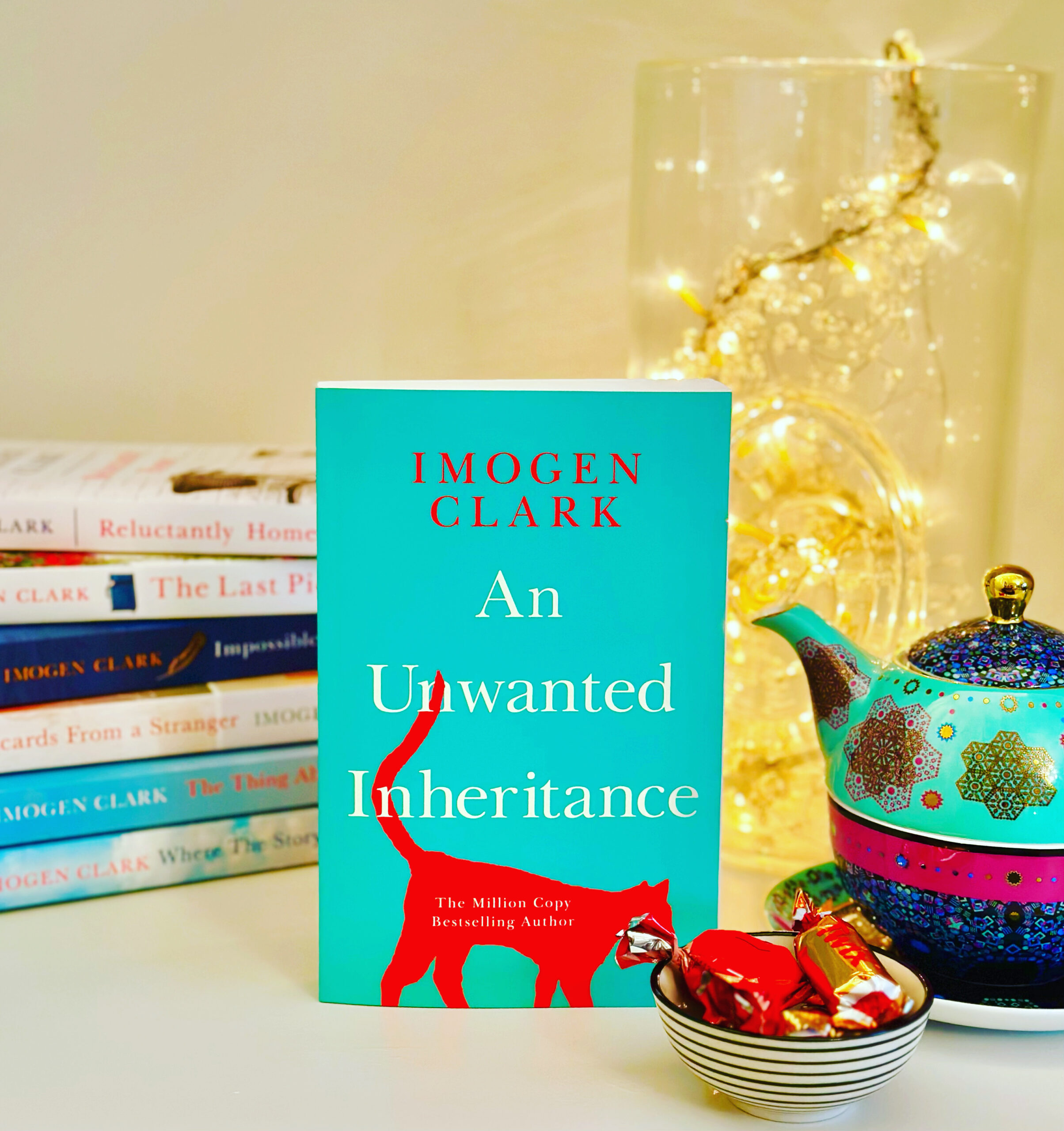
For Writers…
You will often hear writers being described as either plotters – i.e. those who plot their stories out before they start writing – or pantsers, who are those that just fly by the seat of their pants. I don’t plot but I really don’t like the term ‘pantser’ and so I tend to use ‘discovery writer’ to describe myself which I think sounds much more exciting. The idea is the same, though. Basically, you discover the story along with your readers.
The truth is that most writers fall somewhere between the two extremes and what works for one person is highly unlikely to work for another. That makes me trying to give you advice on this particular topic a bit tricky, but I can tell you how I do it and you can see if any part of it chimes with how your brain works.
As I mentioned in the post on characters, I tend to start with the initial idea first and then come up with the people who would be able to tell the story. And that’s the point at which I start to write the book. I generally have a vision for the opening scene and a shadowy idea about what kind of book it’s going to be, but that is about it. I will be feeling my way.
I once heard the queen of crime, Val McDermid say that she thinks of plotting a book as going on a car journey at night. She knows where she set off from and her destination, but between those two points she can only see the road ahead as far ahead as her headlights shine.
This is exactly how I work too (although sometimes I’m not sure where my destination is.) I write the opening scene, see how my characters react and then that will lead me onto the next scene. I then come up with ideas for scenes that will allow me to show whatever I need the reader to know next, be that an example of a character’s behaviour or something to move my plot forward. I never write a scene just for the sake of it. It always has a purpose in the overall story, even if I’m not entirely sure what that purpose is when I’m writing it.
I find that I can only write about 1,500 words a day and then I start to run out of steam. After that I need to stop and give my brain until the next day to process what I’ve written and work out where the story will go next. I definitely can’t just sit at a desk and write all day as I understand authors with plotted out books can do. However, working at this rate, it takes me around three months to complete a first draft which I don’t think is bad going.
One of the advantages of not plotting is that I’m always on my toes. For me, writing a book is like figuring out a huge puzzle, and I really enjoy the challenge of that. Stephen King, also a discovery writer, says that if he doesn’t know where his stories are going then that makes it harder for his readers to guess. Obviously, I’m not about to compare myself to Stephen King, but his is an appealing idea. For example, I had no idea when I was writing An Unwanted Inheritance how I was going to resolve the plot until I got the very end when the way to tie it all up finally came to me. Interestingly, when this happens, I often discover that I have written little things that point in this direction earlier in the book without realising how useful they will later become. I consider this to be true artistic magic at work and get very excited about it, but it’s probably just the old subconscious churning away in the background.
Working without a plan is never dull. It can be frustrating and sometimes downright terrifying but it’s always exciting. For me, writing a book that has already been plotted out would lose some of the fun. I love that I never really have any idea of what will come next.
Of course, there are major disadvantages to this approach too. I have to have my book in my head pretty much all the time, even subconsciously when I sleep, to make sure that I have something to write the next day. So, even when I’m not at my desk I’m always distracted which makes it hard to concentrate on anything else.
Also, you are far more likely to get stuck or write yourself into a corner with this approach than if you have a plot to work to. Getting stuck is the most common reason for giving up on a novel so you must guard against that. A later post on getting the work done will give you tips for how to get going again if you do find yourself fresh out of ideas.
Another disadvantage is that I can’t give my editor a synopsis before I start writing – or if I do the final book is highly likely to be quite different to what I promised to write. There isn’t really a solution to this other than for everyone to trust the process, and I know that isn’t an option for everyone, but that’s how I work.
If your blood runs cold in your veins at the thought of writing without an outline, then there are masses of resources out there to help you with structure and lots of writers I know have very clear ‘beats’ and plot points that they aim for as they go. I do that instinctively and without a safety harness, but I know it isn’t for everyone.
My tip would be to try writing a novel using both techniques and see which feels more natural. Nanowrimo (National Write a Novel in a Month) which takes place every November is a fabulous way to have a go at discovery writing. The idea is that you write 50,000 words in a month by not editing as you go or even thinking that hard about what you have so far. You just keep writing into the dark and see what you end up with. It can be hard work, but there is an enormous global community all writing with you and you can find as much or as little support as you’d like. My book The Thing about Clare began life as a Nano book. (It was actually a play before that too but that’s another story.)
Alternatively, buy yourself some lovely index cards and have a go at plotting out the whole thing before you start. There are loads of great books to help you. My particular favourite is Save the Cat which is actually about how to write a screenplay but is just as applicable to a novel. And if you, like me, get so far in the plan and then discover that your brain isn’t cooperating then perhaps you are a discovery writer too!
Still got questions about me? Then please join me on my Imogen Clark Author Facebook page, on Instagram and Twitter. Join my Readers’ Club to keep up to date with behind the scenes of my life and work and exclusive offers. In the end, please get in touch whichever way suits you best.


